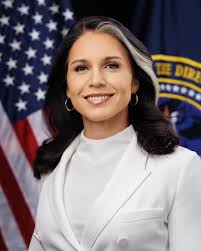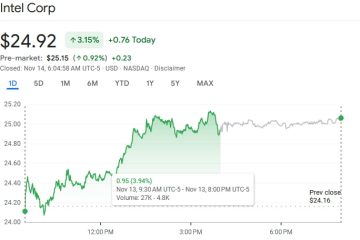The Political Journey of Tulsi Gabbard

Introduction
Tulsi Gabbard, a notable figure in American politics, has gained attention for her unique perspectives and bold stances on various issues. As the first Hindu member of the U.S. Congress and a veteran of the Iraq War, Gabbard’s influence extends beyond traditional party lines, making her a significant player in contemporary political discourse. Her journey represents a blend of military service, public service, and advocacy for foreign policy reform, which brings relevance to her following in the current political climate.
Early Life and Career
Born on April 12, 1981, in Leloaloa, American Samoa, Tulsi Gabbard was raised in a multicultural environment that shaped her understanding of diverse perspectives. She enlisted in the Hawaii Army National Guard and served in a medical unit in Iraq, earning her recognition for her service. Gabbard’s political career began in the Hawaii State Legislature when she was elected at just 21, showcasing her dedication to public service from a young age.
Congressional Tenure
Tulsi Gabbard served in the U.S. House of Representatives from 2013 until 2021. During her time in Congress, she made headlines for her outspoken views on various issues, including foreign policy, healthcare, and environmental sustainability. Gabbard’s opposition to regime-change wars and her advocacy for diplomacy, particularly in relation to Syria and Iran, marked her as a distinct voice within the Democratic Party.
Her 2020 presidential campaign brought her into the national spotlight, where she focused on anti-war policies and progressive change, although she eventually suspended her campaign and endorsed Joe Biden.
Post-Congress Activities
After her congressional tenure, Gabbard continues to engage in public discourse through her media appearances and social media platforms. In 2022, she announced her departure from the Democratic Party, raising eyebrows and sparking discussions about the ideological divisions within the party. Gabbard emphasizes unity and bipartisan solutions, reflecting her desire to reach out to a broader audience.
Conclusion
Tulsi Gabbard remains a relevant figure in U.S. politics as she navigates her post-congressional career. Her advocacy for foreign policy reform and commitment to political unity resonate with a diverse electorate. As political landscapes evolve, Gabbard’s influence and initiatives will likely continue to spark discussions about American values, war, and peace. Her journey exemplifies the integration of personal experience, service, and political ambition, marking her as a voice to watch in the years to come.









